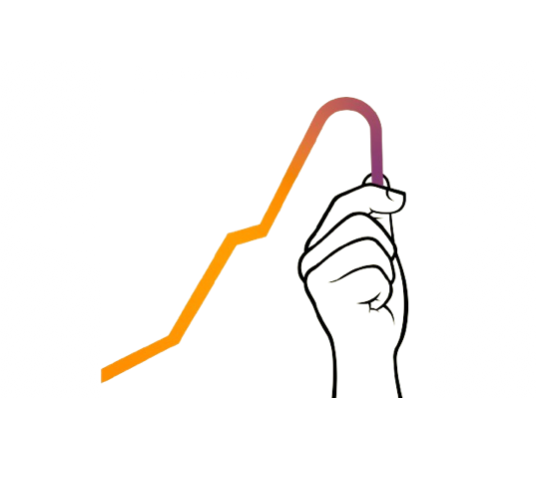Women and girls play a very important role in maintaining the generic fabric of the environment especially because they need to grow up in a clean, green and hygienic environment for safety reasons all around them. Access to basic hygienic surroundings, clean water, pure air, and sanitized toilets are every human’s right. To have a healthier start in life, children need to grow up in the vicinity of cleanliness encouraged by both themselves and their parents.
With the advent of COVID-19, the importance of hand washing came into light, especially for people and women living in low socio-economic areas which are highly prone and vulnerable to the disease. It is also crucial to understand that more than half the population around the world does not have direct access to safe sanitation. This makes the role of women and children even higher in maintaining their household as well as public environments that they daily interact with. Biologically, and also culturally, it is evident that our country gives a special status to women in minimizing them towards household tasks and taking care of their vicinities even more than any other gender. With this, they are held responsible for menstrual hygiene, kitchen cleanliness and also an overall umbrella of a clean house. Excessive taxes on sanitary napkins and sanitation products suffering inflation makes it extremely challenging for the rural women folk to get through these provisions and maintain a safe and clean environment for themselves as well as their families.
Also with low education, girls at a very young age miss out on how to uphold their bodily cleanliness, with respect to waste disposal, food disposal and product disposal. Personal hygiene for women and girls is important as they are the primary caregivers of the house who also play a role model for everyone else in the house to maintain a certain level of safe sanitation around them. Preparing food, taking care of children and the kitchen marks their radix of responsibilities which contribute to more than half of the factors impacting hygiene. Due to these, women who pay minimum attention to their own hygiene fall prey to various contagious diseases like food poisoning, skin infections, digestive diseases, as well as respiratory diseases that can prove to be harmful for the society they are residing in.
Menstruation being a key influencer in women and girls’ lives, they need to pay extra heed to how difficult it is to be clean and hygienic around their menses. If not taken care of, it can lead to spread and growth of harmful bacteria, giving birth to chronic lifestyle disorders like, PCOS- Polycystic Ovarian Syndrome, extreme weight gain, and other side effects. Unsafe and dirty surroundings also contribute to a poor mental health that decreases their self-esteem, willingness to work, and demotivates them to be productive at all.
On a personal as well as a public level, there are a few strategies that can be adopted by women, girls and children to ensure a sanitized as well as a safe, hygienic environment is built and encouraged around them. Among them, include, for mostly hand washing, as mentioned before. It is necessary to point out that proper hand washing can result in cooking of clean healthy meals, shaking hands, taking care of infants and their delicate needs, and thus many diseases can be prevented. Secondly, hair washing is also equally important for women, because most of them have long hair unlike men, which needs more care and cleanliness on general. If not appropriately cared for, it can result in lice, hair fall, baldness and other lifestyle issues making them feel low in life. Then comes, bathing and dental care. Body odor, skin infections and so on can be difficult to tackle if they don’t maintain a healthy bathing routine. Intimate hygiene sheds light on taking care of your genitals especially during menses that if not taken care of, can provide for a harmful disease prone environment for the whole family.
After personal hygiene, women and children should mostly take care of their waste and bodily disposal. Gender sensitivity and better involvement of women in household and public cleanliness can result in better design and execution of a hygienic environment. Domestic water use is also women’s responsibility that focuses on how households and general vicinities are sanitized ensuring zero wastage and optimum use of the same. Healthy food consumption practices, kitchen disposal, infant sanitation and so on can promote a healthy society to function on a level that ensures Earth is preserved in all its natural elements with the idea of saving its flora and fauna, and reducing damage to the minimum. Clean and sanitized houses and toilets impact women and children’s health primarily that can lead to a healthy family life span for generations to come.

